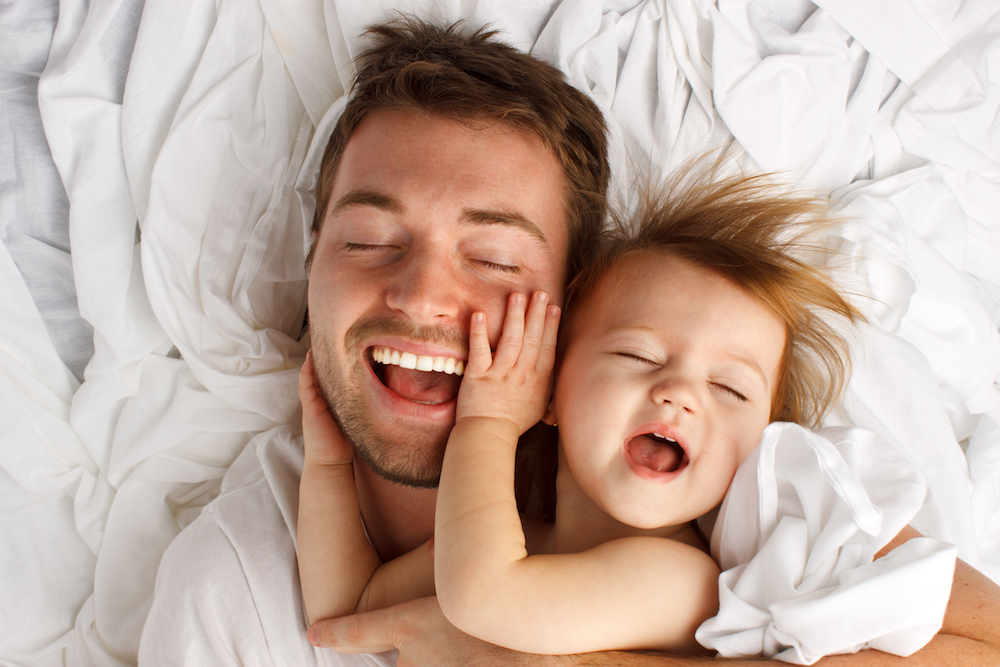
Get the world’s most fascinating discoveries delivered straight to your inbox.
You are now subscribed
Your newsletter sign-up was successful
Want to add more newsletters?

Delivered Daily
Daily Newsletter
Sign up for the latest discoveries, groundbreaking research and fascinating breakthroughs that impact you and the wider world direct to your inbox.

Once a week
Life's Little Mysteries
Feed your curiosity with an exclusive mystery every week, solved with science and delivered direct to your inbox before it's seen anywhere else.

Once a week
How It Works
Sign up to our free science & technology newsletter for your weekly fix of fascinating articles, quick quizzes, amazing images, and more

Delivered daily
Space.com Newsletter
Breaking space news, the latest updates on rocket launches, skywatching events and more!

Once a month
Watch This Space
Sign up to our monthly entertainment newsletter to keep up with all our coverage of the latest sci-fi and space movies, tv shows, games and books.

Once a week
Night Sky This Week
Discover this week's must-see night sky events, moon phases, and stunning astrophotos. Sign up for our skywatching newsletter and explore the universe with us!
Join the club
Get full access to premium articles, exclusive features and a growing list of member rewards.
A new study suggests that children who resemble their dads are healthier, but only if they're born to single moms.
The study found that when these babies look more like their dads, they wind up healthier when they are 1 year old compared with little ones who look less like dad.
The reason? Babies who are a chip off the old block tend to get more attention from their fathers during that first year, new research suggests.
"Fathers are important in raising a child, and it manifests itself in the health of the child," Solomon Polachek, a professor of economics at Binghamton University in New York, said in a statement. [6 Ways Dads Win at Parenting]
However, the study looked only at children born to single moms, so these children didn't live with their dads — a situation in which dads tend to be more uncertain of their paternity. Children who are born to married parents who both live with them are unlikely to see this effect, because men are more certain of their parenthood and spend more time with children who live under the same roof, the researchers wrote in the study.
The findings come from a cohort of 715 babies who were part of the Fragile Families and Child Wellbeing study. Babies in the study were born to parents who were never married, and the children lived with their moms, only seeing their fathers on visits. At the time of the child's birth, the study authors asked both parents, "Who does the baby look like?" (This is when fathers who are uncertain of their paternity usually decide whether a baby is theirs, the study authors noted.) Babies were classified as "looking like dad" if both parents noted some resemblance.
It turned out that little ones who looked like their dad spent the equivalent of 2.5 extra days per month with the child. Those extra daddy days meant the child got more adult supervision. Dads who spent time with their children were also more likely to learn about any health issues that needed to be addressed, and to know if children wanted for things like clothing, food or other necessities, the researchers suggested.
Get the world’s most fascinating discoveries delivered straight to your inbox.
In turn, this translated to better health relative to babies who didn't resemble dad, at least based on subjective health ratings by the parents, as well as hospital visits and asthma episodes, the study authors found.
This behavior has its roots in evolution, the researchers suggested in the study, which was published Jan. 18 in the Journal of Health Economics.
"Those fathers that perceive the baby's resemblance to them are more certain the baby is theirs, and thus spend more time with the baby," Polachek said.
Evolutionary theory predicts that parents will spend more time caring for children who are genetically related to them, thus upping the odds that those children grow up, have babies of their own and pass on their genes, the researchers wrote in the paper. By contrast, by evolutionary standards, "investments in unrelated children are deemed wasteful since they reduce investment in genetically related offspring."
Originally published on Live Science.

Tia is the editor-in-chief (premium) and was formerly managing editor and senior writer for Live Science. Her work has appeared in Scientific American, Wired.com, Science News and other outlets. She holds a master's degree in bioengineering from the University of Washington, a graduate certificate in science writing from UC Santa Cruz and a bachelor's degree in mechanical engineering from the University of Texas at Austin. Tia was part of a team at the Milwaukee Journal Sentinel that published the Empty Cradles series on preterm births, which won multiple awards, including the 2012 Casey Medal for Meritorious Journalism.
 Live Science Plus
Live Science Plus










